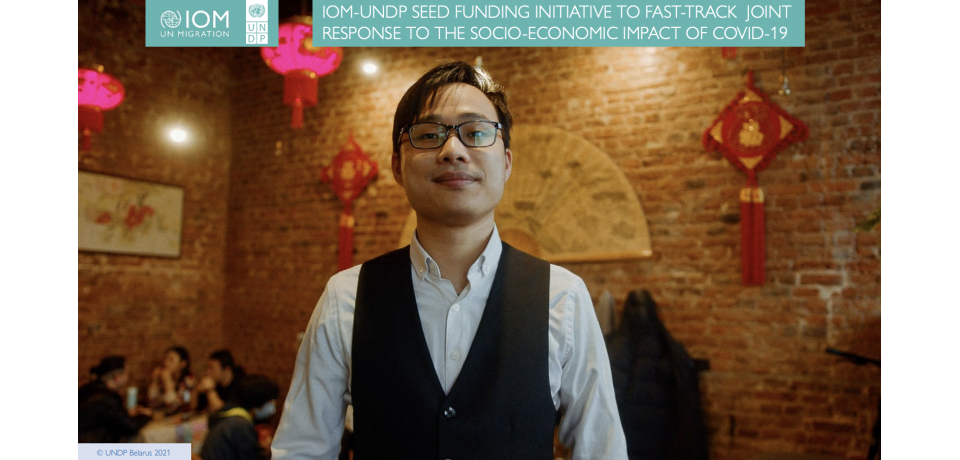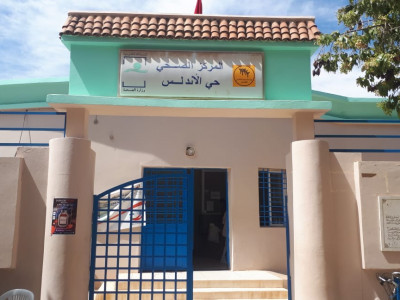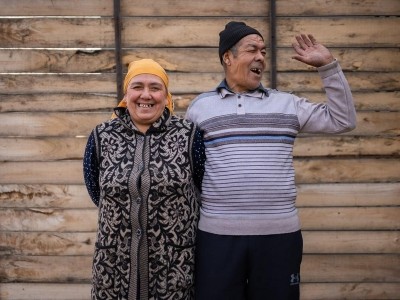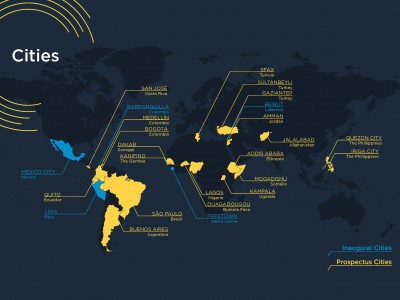Addressing vulnerabilities, stigma and discrimination of migrants in the context of COVID-19 in Belarus
David Khoudour, UNDP HQ, Crisis Bureau - Recovery Solutions and Human Mobility Team, david.khoudour@undp.org
Manuel Hoff, IOM HQ, Migration and Sustainable Development Unit, mhoff@iom.int
Objectifs de Développement Durable Connexes et Objectifs du Pacte Mondial sur les Migrations
Résumé
IOM and UNDP conducted an analysis of community attitudes towards migrants during COVID-19 and addressed negative stereotypes and perceptions through a social media information campaign in Belarus in late 2020 and early 2021. The two UN Agencies paved the way for longer-term support to the Government of Belarus to contribute to the socio-economic inclusion and access to services for migrants in the context of COVID-19.
The pandemic has increased xenophobia in many countries and communities, with many migrants facing accelerated violence, discrimination and social exclusion as a result of racialized public discourse, fear, a misunderstanding of how the virus spreads, among other concerns. The initiative therefore addressed vulnerabilities, stigma and discrimination which migrants and their families may encounter in the context of COVID-19 in Belarus, fostering tolerance, positive and unbiased attitudes towards them in society, particularly at the community level.
This project is part of the IOM-UNDP seed funding initiative to fast-track joint response to the socio-economic impact of COVID-19.
Objectif clé
The objective of the project was to conduct an analysis of community attitudes towards migrants during COVID-19, to help address negative stereotypes and perceptions through a social media information campaign, paving the way for longer-term support to the Government of Belarus to contribute to the socio-economic inclusion and access to services for migrants in the context of COVID-19.
Principales activités
The analysis included a comprehensive survey of attitudes towards migrants during COVID-19 in Belarus. Based on the findings of the rapid survey, UNDP and IOM conducted awareness-raising activities targeting 11 professional communities and local populations, to equip people with reliable and fact-based information about migrants and COVID-19 and tailor messages for attitude change by describing their impact and role in local development, community building and knowledge-sharing.
After analyzing the outcomes of the rapid survey, UNDP and IOM developed a set of four joint project proposals that, if funded, would support the Government of Belarus to address the COVID-19-induced vulnerabilities, integration challenges, stigma and discrimination of migrants in Belarus. These entry points would leverage a comprehensive and effective programme response to strengthen migrant integration and social cohesion between migrants and local communities.
Principaux succès ou facteurs innovants, bonnes pratiques et enseignements tirés (si disponibles)
One of the key lessons learned from this short project was the need to think creatively about ways to capitalize interest and partnerships in Belarus for COVID-19 socio-economic recovery moving forward. Engaging with private sector, emerging and existing donors and capitalizing on existing joint IOM-UNDP initiatives and priorities have been identified as some suggestions for reigniting Belarus’ ability to build back better and more inclusively from COVID-19, to ensure nobody is left behind, regardless of migration status.
Bénéficiaires
Migrants, host communities



